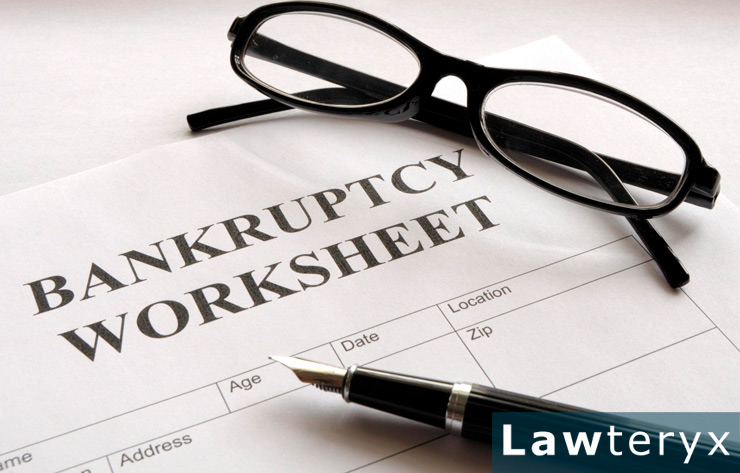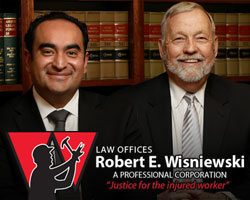
Bankruptcy can be described as a way out of a financial hardship situation, with strings attached. And by strings, we mean conditions, obligations and restrictions.
For individuals and businesses that can’t see a way to pay their debts, a bankruptcy can swoop in and wipe their debt slate clean, in most situations, but it comes with quite a few restrictions for the business or individual. The length of time for these restrictions depends on the type of bankruptcy you file.
If you’re thinking of filing but not sure if it would be right for you, below we’ve listed some advantages and disadvantages for you to weigh over to make the best decision for you.
Bankruptcy Advantages
- You’ll be protected from creditors looking to collect debts.
- There’s a possibility of being able to discharge certain debts, releasing you from having to pay them back.
- Depending on your situation, you could start rebuilding your credit right after filing.
- Most times, the process requires you to take credit counseling, which will help you develop better financial habits.
- You may be able to exempt any properties you own from being taken in the bankruptcy.
Bankruptcy Disadvantages
- A bankruptcy stays on your credit report for 7-10 years.
- You could lose real estate or personal property.
- Your credit cards could be automatically canceled.
- A bankruptcy on your record could hinder your chances to get certain jobs, a mortgage or other housing for a few years.
- Filing for bankruptcy can raise your insurance premiums.
We’ve listed only a few advantages and disadvantages for you to think about before making your decision. We suggest you speak with a bankruptcy lawyer to get definite answers to any of your bankruptcy questions.
If you’re considering whether or not bankruptcy is the right answer for you, try asking yourself these questions.







